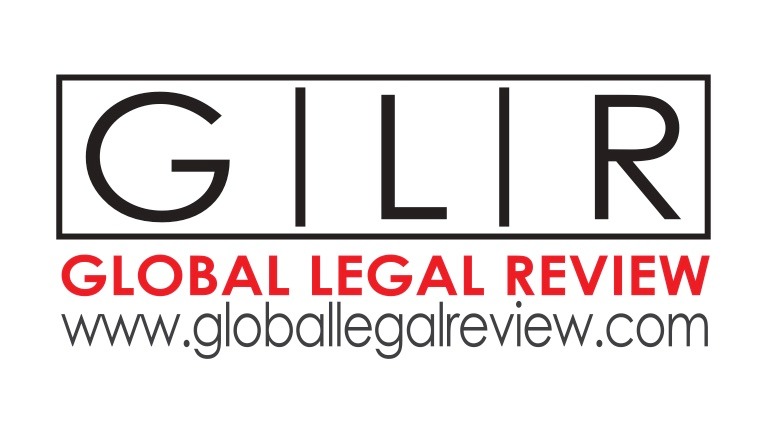Each day, countless people lose their lives as a result of execution convicted by the state for their crimes. Often, these acts must not be criminalized. Every country has different criteria for prosecuting someone with the death penalty.
Some countries execute people who were under 18 years old when the crime was committed, others use the death penalty against people who suffer mental problems. Before people die they are often imprisoned for years on “death row”. Not knowing when their time is up, or whether they will see their families one last time.
The death penalty is cruel, inhuman and degrading. Amnesty opposes the death penalty at all times – regardless of who is accused, the crime, guilt or innocence or method of execution.

Many organizations have been working to end executions. Media and arts have played an important role in this regard as well. Through every medium and platform, the cause has been portrayed. The work began in 1977 and as a result only 16 countries have abolished the rule of death penalty. Presently, 104 countries have successfully eradicated this law.
The risk of executing an innocent person is far beyond repair. For instance, since 1973, 150 US prisoners have been punished to the death row and were later exonerated. Various other prisoners were executed regardless of some serious doubts about their crimes. Execution is common in some countries. These countries exemplify the process as a way to discourage the citizens into committing crimes. However, it doesn’t work quite the way it is supposed to be. Some of the countries executing the most people have deeply unfair legal systems. The ‘top’ three executing countries – China, Iran and Iraq – have issued death sentences after unfair trials. Many death sentences are issued after ‘confessions’ that have been obtained through torture.

The most important factor in execution is discrimination based on social status. A person is more likely to be sentenced to death if he is poor or belong to a racial, ethnic or religious minority because of discrimination in the justice system. Also, poor and marginalized groups have less access to the legal resources needed to defend themselves. The authorities in some countries, for example Iran and Sudan, use the death penalty to punish political opponents. Execution is the ultimate, irrevocable punishment: the risk of executing an innocent person can never be eliminated.
The death penalty is a serious breach to two necessary human rights; the right to live free of torture and the right to live. Both rights are protected under the Universal Declaration of Human Rights, adopted by the UN in 1948.
The following international laws explicitly ban use of the death penalty, except during times of war:
- The Second Optional Protocol to the International Covenant on Civil and Political Rights
- Protocol No. 6 to the European Convention on Human Rights
- The Protocol to the American Convention on Human Rights to Abolish the Death Penalty.
The European Convention on Human Rights (Protocol No. 13) bans use of the death penalty at all times, even during war.
Methods of execution:
There are many and varied types of execution used around the world today, including:
- Beheading
- Electrocution
- Hanging
- Lethal injection
- Shooting in the back of the head and by firing squad
It is a matter of great concern these days as it highly breaches human rights. Some of the people are convicted wrongly. Moreover, it demands attention and activism to eradicate this evil.











